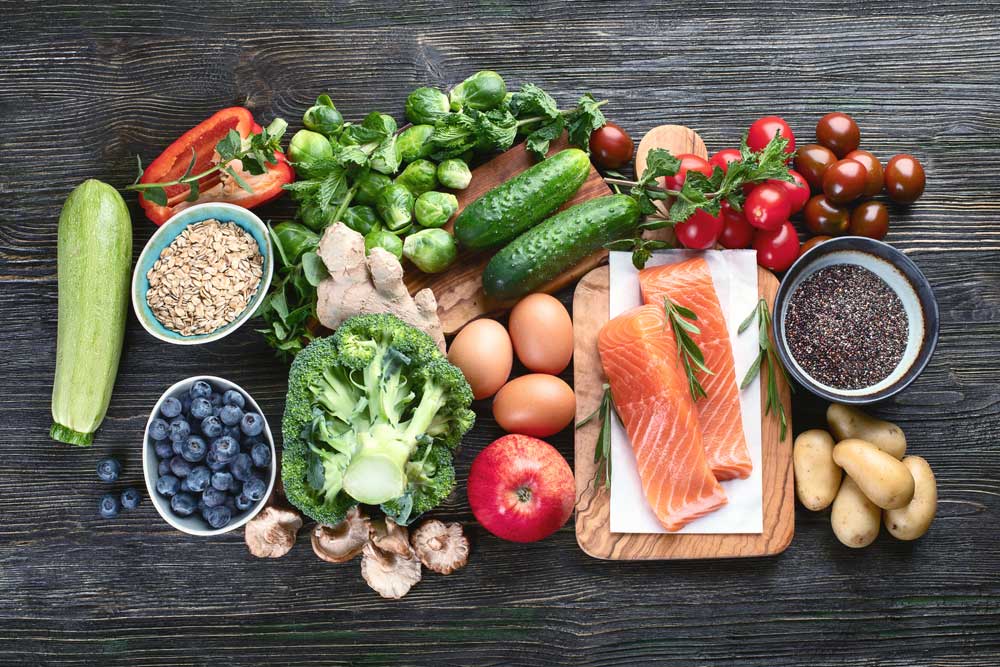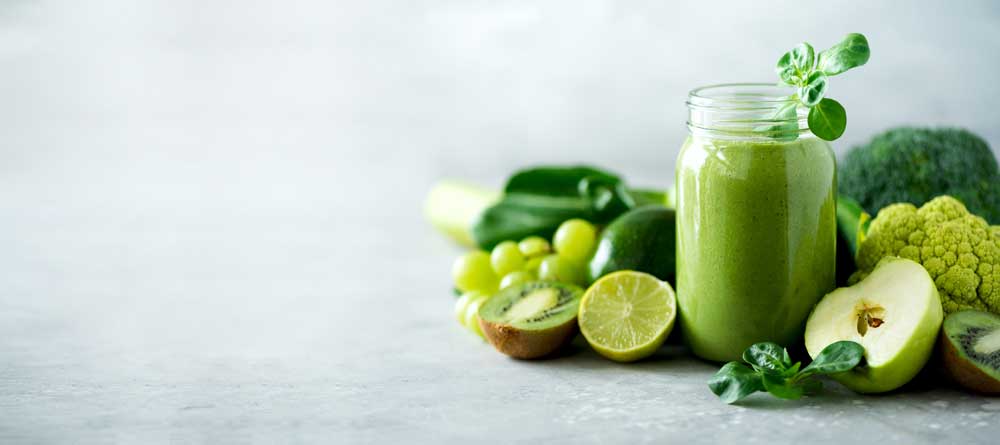Clinical and Sports Dietitian Kajal Khaturia tells us what to avoid when eating and drinking, for optimum health
William Shakespeare in his comedy ‘As You Like It’ had written about the seven stages of a man’s life. Our nutritional trajectory too could have seven phases. While infants relish soft food, there is a carefree abandon in the diet of the teenager. But as the numbers of years add up, we have to go easy on what we are bringing to our plate.
-
Raw foods
The following seven food items are to be avoided to prevent any food-borne illnesses in seniors who have a compromised immune system and have digestive disorders.
- Raw meat – Raw meat (tartare) and cold cuts such as sausages and salami can contain bacteria such as salmonella which has not been killed by heat or cooking, and puts seniors who have digestive disorders or weak immune system at risk of falling ill.
- Raw seafood like mussels, oysters, clams, etc – While raw seafood is filled with vitamins and minerals, it also contains unhealthy germs and bacteria. Those fond of seafood should try cooked options such as grilled salmon and other cooked fish.
- Raw sprouts like sprouted pulses, alfalfa sprouts, bean sprouts – Sprouts can be the breeding ground for many types of bacteria, including salmonella and E.coli.
- Raw eggs – Raw eggs can be highly recommended for some age groups, but for older citizens it a big ‘no’. Risk of raw eggs being contaminated with bacteria can be leading to salmonella infection.
- Unpasteurised milk – Unpasteurised milk breeds and harbours bacteria in higher levels than pasteurised milk.
- Soft cheeses like Feta, Brie, Camembert – Soft cheeses are made from unpasteurised milk which breeds and harbours bacteria in higher levels than pasteurised milk.
- Unpasteurised juices – Unpasteurized juices contain harmful bacteria which may be detrimental to seniors.
-
Crunchy, dry and sticky foods
A common occurrence among the elderly is known as xerostomia, a condition which results in dry mouth resulting from reduced or absent saliva. Elderly with xerostomia have difficulty in chewing and swallowing and need to avoid crunchy, dry and sticky foods.
- Crunchy foods like roasted chickpeas, almonds and other nuts, baked pita or tortilla chips, potato chips, pretzels, chikkis.
- Dry foods like dry bread, crackers, cookies or cakes that are very dry or that contain nuts, seeds or hard pieces.
- Sticky foods like toffees and caramel.
-
Alcohol
The effects of alcohol may be increased in elderly patients because of increased use of drugs, or other changes associated with ageing. It could be consumed judiciously in limited quantity. Otherwise there is not much benefit to boast about.
- Empty calories.
- When alcohol is substituted for nutritious food for elderly, it may interfere with absorption of some nutrients, especially folic acid.
- Alcohol is also one of the contributing factors for osteoporosis.
- If seniors live with chronic illness, such as diabetes, or if they take certain types of medications such as antihistamines, painkillers and medications for hypertension, alcohol should be avoided.
-
Large quantities of fats
Fat digestion and absorption may be delayed in elderly people. Avoid large quantities of fat and focus on the quality of fat used. Avoid deep-fried items. Foods with empty calories such as fast foods, fried items, soft drinks, fruit-flavoured sweet beverages, foods containing mostly added sugars including high-fructose corn syrup etc. This because many seniors become naturally less active as they get older, it becomes much more difficult to work off the extra calories. The prevalence of diabetes and impaired fasting glucose increases with ageing, so foods which give empty calories should be avoided.
-
Soft drinks
Soft drinks are nothing more than sugar and carbonation filling up a can or bottle. Phosphoric acid, a major component in most sodas, can accelerate the process of demineralisation of teeth and bone, which is especially concerning for seniors already nearing the need of dentures. Demineralisation also heightens the risk of osteoporosis. Regular consumption of soft drinks also contributes to weight gain and other health issues which puts seniors at risk.
-
Diet sodas
Seniors, especially those who are diabetic, may go overboard with the consumption of diet sodas (soft drinks) thinking that it limits their sugar intake, but the presence of artificial sweeteners in these is a matter of concern. Recent researches have associated diet soda consumption with dementia and stroke, which puts seniors at risk.
-
High sodium foods
Too much salt can be a problem for seniors, especially for those who have hypertension. So avoid wafers, chips, salted snacks, salted nuts, packed and processed foods which have high amounts of sodium. Avoid excess salt in food. To improve the flavour of food, lime or dried mango powder (aamchur powder) can be used, as well as other herbs and spices.
Avoiding or cutting down the above-mentioned foods can help seniors reduce the risk of food-borne illnesses and osteoporosis, obesity and other health issues, and will help them lead a happy, healthy and fit life.








